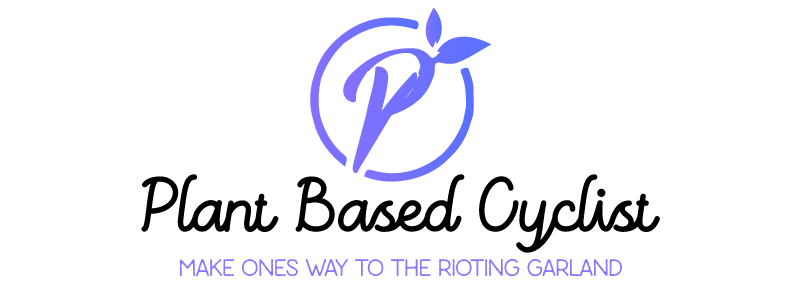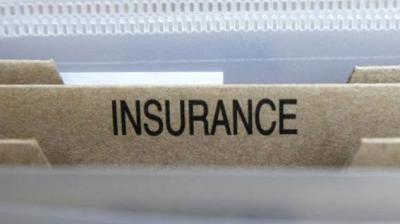Fake Degrees on the Dark Web: A Threat to Professional Integrity
A fake degree could damage your reputation, cost you money and hinder your career. In some cases it could even be a crime.
There are a variety of services available to assist employers in verifying the academic credentials and qualifications of potential candidates. It is possible to identify fake documents and prevent the use of these documents during the process of hiring.
Dark Web
The dark web is that offers untrue information and services that aren’t available on other places on the Internet. The dark web has earned a negative reputation because of its hacker forums, pornography that’s illegal and terrorists who plan their plans. Dark web marketplaces let users to purchase and sell anything including ransomware, malware, compromised subscription credentials to illegal drugs.
The dark web has some uses that are legal, even though certain of its content is not legal. The dark web, as an example allows users to communicate with people and places where freedom of expression is not guaranteed. The dark web also assists users to keep their information private for legal activities for example, like sharing confidential business information.
However, cybercriminals are taking advantage of the anonymity of the dark web to implement their criminal methods. These include the selling of off-the-shelf software that is malicious to hackers, allowing hackers to steal sensitive information from targets and commit numerous cyber crimes. On the dark web, you will as well find phishing scams that make people give up their personal information as well as money or cyber attacks on financial institutions. These could result in substantial financial loss and serious harm to customers. Additionally, a user who surfs the dark web could get their devices infected with ransomware and other malware, such as keyloggers that track every keystroke made on devices.
Diploma Mills
The industry of diploma mills is an expanding and risky sector of education. They target individuals seeking unfair ways to advance their careers and better earnings. Diploma mills in the United States often exploit the lack of national oversight and the voluntary nature of accreditation. Most of the time, fake institutions operate outside of the country and offer their diplomas for a hefty price to job seekers who are unable to pay for real college tuition.
One of the most effective methods to identify diploma mills is by conducting background checks on education verification. These checks can help weed out fake credentials by comparing the degree against the academic transcripts from legitimate universities. The checks can be used to confirm a school’s or university’s accreditation.
It’s not a bad idea to ask the registrar at the school where the person attended to confirm the diploma. It’s also a good idea to cross-reference the school’s list with those of accredited diploma mills.
It’s important to be aware of the dangers and understand that the education market has its own share of pitfalls. Legitimate degrees require substantial studies and a certain degree of academic rigorousness. Employers and educators alike have to be aware to spot fake certificates, which could damage an employer’s or student’s reputation and navigate here https://baoxinviec.com/. The fake credentials can easily be avoided with a little amount of caution and understanding.
Academic Credential Fraud
Academic credential fraud is a worldwide issue that impacts institutions, students and employers. It can undermine trust in education systems and organizations, harm careers, and cause embarrassment, and result in legal liability, especially when the person with fraudulent credentials is employed in a high-risk position for example, an employee in healthcare or nursing.
The problem is complex, and it often involves corruption, bribery, and various other kinds of corruption. It could also involve exam fraud (such an exam question that has been leaked), admissions fraud, (including bogus references, forged documents, and fake certificates), and scholarly papers mills that violate academic publication ethics through the sale of fake data and authorship.
It is time-consuming and difficult to spot fraud. Verification processes that use holograms or ink that is secure are expensive and susceptible to human error. The new technology allows issuing institutions such as universities or training programmes to create fraud proof certificates that verifyors can immediately verify. By preventing certificate fraud, an organization can keep its staff and public secure. It also enhances their reputation, reduces the risk of liability and also saves money. Certain reputable institutions of education and training are already using blockchain-based technology to supply graduates with certificates that are fraud-proof that they can show to prospective employers. The University of Johannesburg, for example, is now offering its graduates cryptographically-secure digital credentials in addition to the physical diplomas that they receive upon graduation.
Fake Degrees
Fake degrees are a serious issue which needs to be tackled and it’s not only students that suffer. Employers can get duped, too. fake degrees can harm the brand’s reputation, reputation, and value. They also can impede career paths. Some of these fake credentials are backed up by questionable accreditation “agencies.” In addition to verification, different methods can be employed to identify fake degrees. Referral checks are a good example of this method, since they can provide insight from both professional and personal connections that could reveal inconsistencies. Employment verification is another way to confirm a candidate’s past job responsibilities, skills and abilities that are cross-referenced to their educational background.
Another method to identify an fake diploma is to examine its appearance. Real documents are made of specially-designed papers and their authenticity can be confirmed by physical authentication features like the guilloche style, security holograms, anti-scanning void ink and anti-scanning hologram. These facts will help you determine in a short time whether or not to employ the person.
It’s fairly easy to create a fake logo for a university, but it’s not as easy to fake the name of an institution or course. Employers must verify the authenticity of the school by calling the Registrar. This will help them avoid hiring fraudulent graduates. Additionally, the Registrar may verify the date of the school that the student attended.



